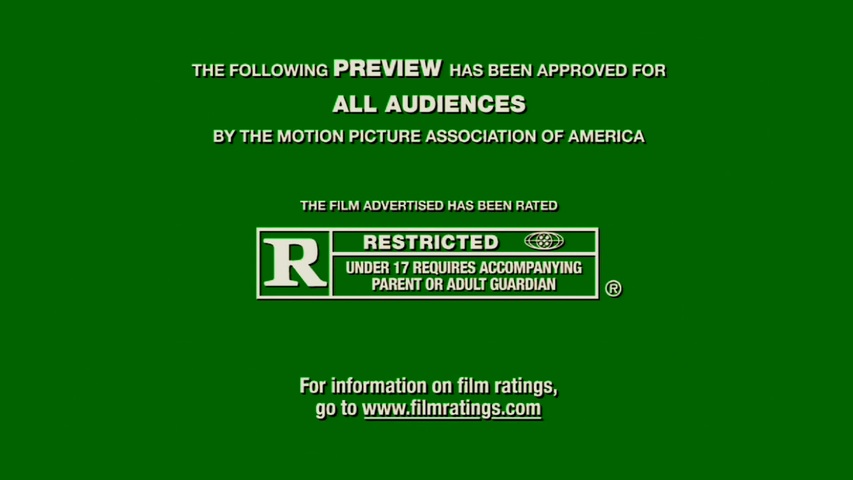Danke Film Streaming Ita Completo (2020) Cb01
Danke – Streaming ita _ film cb01 alta definizione
Danke
Guarda Dankeè unfilm pubblicato nel 2020 diretto da Emmanuel Amoako-Jansen. Con Malick Bauer e Joy Edema – *Streaming Danke online, Guarda il film completo in alta definizione gratuitamente nel tuo gadget. Funziona su desktop, laptop, notebook, tablet, iPhone, iPad, Mac Pro e altro ancora.

Classements de films: 0/100 Votes
- Data di pubblicazione: 2020-06-13
- Production:
- Genres:
- Synopsis:
- La direttrice: Emmanuel Amoako-Jansen
- Durata: 20 Minutes.
- Taal: – Italiano
- Nazione:
- Wiki page: https://en.wikipedia.org/wiki/Danke
Danke Streaming ita _ film cb01 alta definizione. Guarda Danke streaming ita, Danke film sub ita, Danke film completo, Danke streaming altadefinizione, guarda film Danke alta definizione HD, Danke film sub italiano.
Danke – Cast




Women Portrait
Danke – Bande annonce
Regardez le film complet en ligne!
Connexion haut débit, veuillez choisir dans la liste de serveurs ci-dessous
720pChoose Server 1 1080pChoose Server 2 4KChoose Server 3 HDChoose Server 4
In “Danke schön”, danke is (or: used to be) a verb (usually first person singular; indicative mode), and the full sentence would read “Ich danke (schön).” Since both shortened collocations have found their way into everyday language, they are not considered to be shortened versions of the long sentences any more. For most people, bitte and gerne are almost entirely exchangeable when they are used as a response to danke. If anything, I would perceive gerne as slightly more polite/formal and therefore would tend to use it less with family or close friends. But that’s more of a very vage tendency. “Danke” is perfectly fine and just as good as “danke schön”. If you hear predominantly the latter then that may be a regional preference. If you want to strengthen it a bit, you can say “vielen Dank”, and if you actually want to thank someone you can use a full sentence like “ich danke Ihnen/dir”. Two ways of saying the same thing. Man kann “Ebenfalls” ubersetzen wie, the EVEN case. “Gleichfalls,” ist sowie the EQUAL case. Zwei Wege der Selbe zu sagen. edited Feb 5, 2014 at 14:20. answered Feb 2, 2014 at 19:08. Ich danke dir. is the only correct version. Danken takes the dative case. You will never hear otherwise. I would recommend to forget about the concept of direct and indirect object; or better, you should realize that the definitions of direct and indirect object in German and English are not identical. 7. Gut, danke. Or if you want to be nice and return the question, Gut, danke, und Dir/und selbst?. Note however that someone asking you Wie geht’s? is almost certainly asking about you, not about how something is going. To ask you how your work is coming along, someone would ask (Wie) kommst du voran? or possibly Geht’s voran?. Vielen Dank, danke schön! Danke schön, das ist sehr freundlich! Können Sie mir vielleicht sagen, wie spät es ist? – Ja, genau zehn Uhr, auf die Minute. – Danke schön. However, the noun Dankeschön is written in one word and capitalized (like all nouns): Als kleines Dankeschön für Ihre Mühe möchte ich Ihnen diesen Blumenstrauß … 15. I am confused with the grammar of the expression vielen Dank, because if Dank is a noun, and we have vielen, I would expect something like vielen Danken, or vielen Danke, or even vielen danke, for “many thanks” instead of “many thank”. Can you explain the logic or the rules for this? expression. grammatical-number. Ich danke Dir. This is always correct, and “Ich danke Dich” is always incorrect. The receiver of something is always in Dativ. Note that “Dativ” comes from Latin do, dare, dedi, datus, which means primarily to give. So Dativ is literally the case you use to describe the act of giving to someone. However, a literal translation of “schön” is “pretty”, making “danke schön” “thank you dear” or “thank you pretty”. In English, this doesn’t just express graditude but also affection, implying a certain level of informality or even intimacy. While this is nice if said innocently, it may come off the wrong way when said to a stranger or in a …

